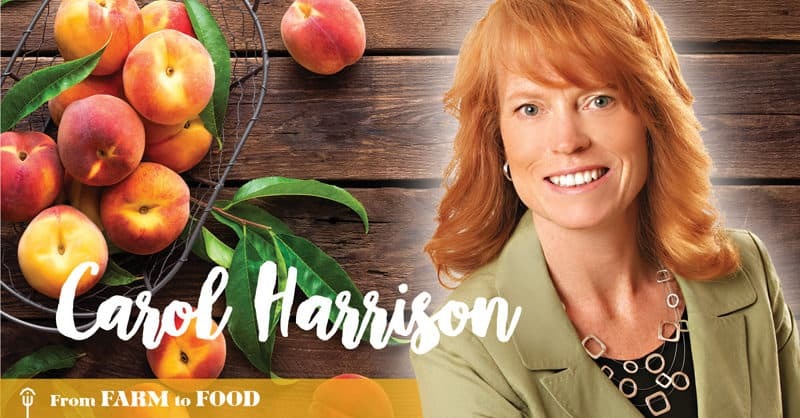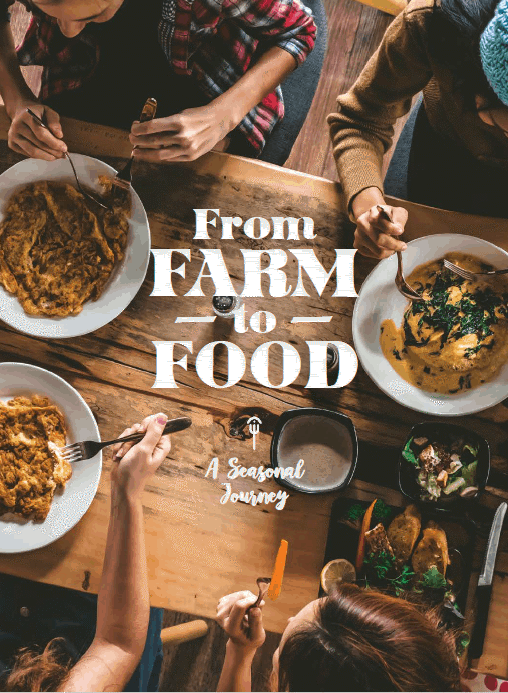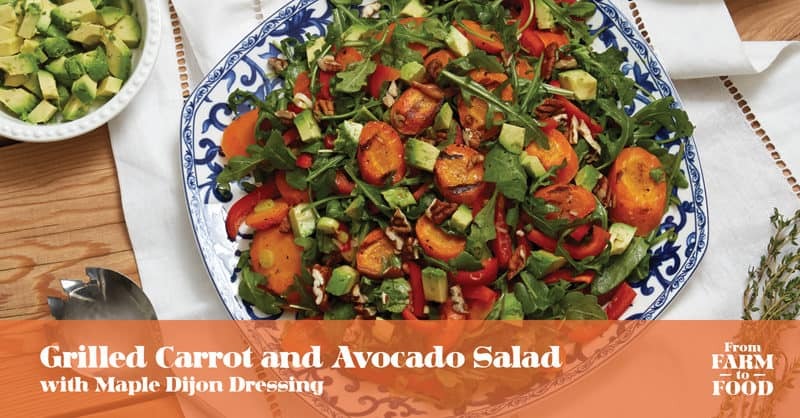It's time to brag about agriculture

For years, I could get by quite well as a dietitian knowing the why’s and how-to’s for healthy eating. But times have changed. Even after I’ve clocked in a full day’s work, my kids put me to the test by asking challenging questions around the dinner table about factory farming. Or they’ll question if their friend is right in saying organic food is better because it doesn’t have chemicals. It’s a mirror for what I’m seeing in the general public — uneasiness about trusting the goodness of our food. “I know vegetables and fruit are good for me, but should I be worried about how they are produced?” Sound familiar? Well, that’s why I decided to champion being the “Brag About Ag” Dietitian.
I see my role as being the bridge between the farm gate and the home plate.
I don’t want to see misinformation about agricultural practices get in the way of families making healthy, affordable choices or, perhaps worse yet, halting promising advancements in agriculture that can improve health through food.

Take the near loss of the papaya industry, for example. The ringspot virus was devastating the papaya crop in Hawaii, and, in all likelihood, it would have been lost without the development and introduction of a genetically modified papaya plant that was resistant to the virus. I take comfort knowing there are plant scientists who have the skills and knowledge to tackle challenging issues like this, yet, at the time, there was backlash against using this technology. Thankfully, evidence-based science, not fear-mongering, won the day.
So while I am no expert in agriculture, what I have come to learn over the last 20 years as a dietitian, I find very reassuring — and I am committed to learning more. Farmers, plant scientists and animal scientists are continually improving practices, whether to produce more food with fewer inputs, house animals more comfortably, minimize environmental impact or even redirect waste for new uses, such as using the meal left after crushing canola seeds as a nutritious add-in to animal feed. The more I learn, the more I discover there is a lot to brag about and I’m happy to share these amazing stories!
It’s my passion for learning more about agriculture and for sharing real, fact-based stories about the food we eat that has led me to this wonderful partnership with CropLife Canada to develop recipes featuring wholesome Canadian food. And what better way to thank a farmer than to enjoy the safe, affordable and nutritious food they produce for us all.

To help you do that, I invite you to explore all the crave-healthy seasonal recipes in From Farm to Food, developed by a terrific group of talented Canadian dietitians. We’ve got some fantastic ideas including a great Grilled Carrot and Avocado Salad with a Maple Dijon dressing recipe, using Canadian-grown carrots, of course.
As a special tribute to the plant scientists who saved the papaya plant, I even have a papaya recipe for you to enjoy. Papaya Mango Sorbet anyone?!
Most importantly, we’ll give you the straight facts on Canadian agriculture, so you can make informed choices for your family.
Here are some places you can find out more about agriculture:
BestFoodFacts.org
Real Dirt on Farming
Farm Food 360
SafeFruitsandVegetables.com (check out the pesticide residue calculator)
Cheers,
Carol Harrison, registered dietitian